The thistle is a plant from Europe. Its prickly leaves are white and green, and the short stem is topped with a violet flower. The herb is sun-loving, moderately fertile, porous soil. Today, thistle is found in many parts of our planet. This is because thistle is a very unpretentious and drought-resistant plant. In addition, it is a medicinal herb. Thistle is currently a component of many dietary supplements. Its health benefits are primarily due to the seeds. The seeds of the thistle contain a large amount of active ingredients.
In ancient medicine, which had no such knowledge of botany hundreds of years ago, thistle was used as an antidote for toxins or skin diseases. Thanks to numerous studies on this topic, we are much more familiar with thistle's beneficial properties today. Most studies have described the use of components of this herb to treat different types of liver disease. Milk thistle preparations are generally safe. However, mild allergic and gastrointestinal reactions have been reported in some cases.
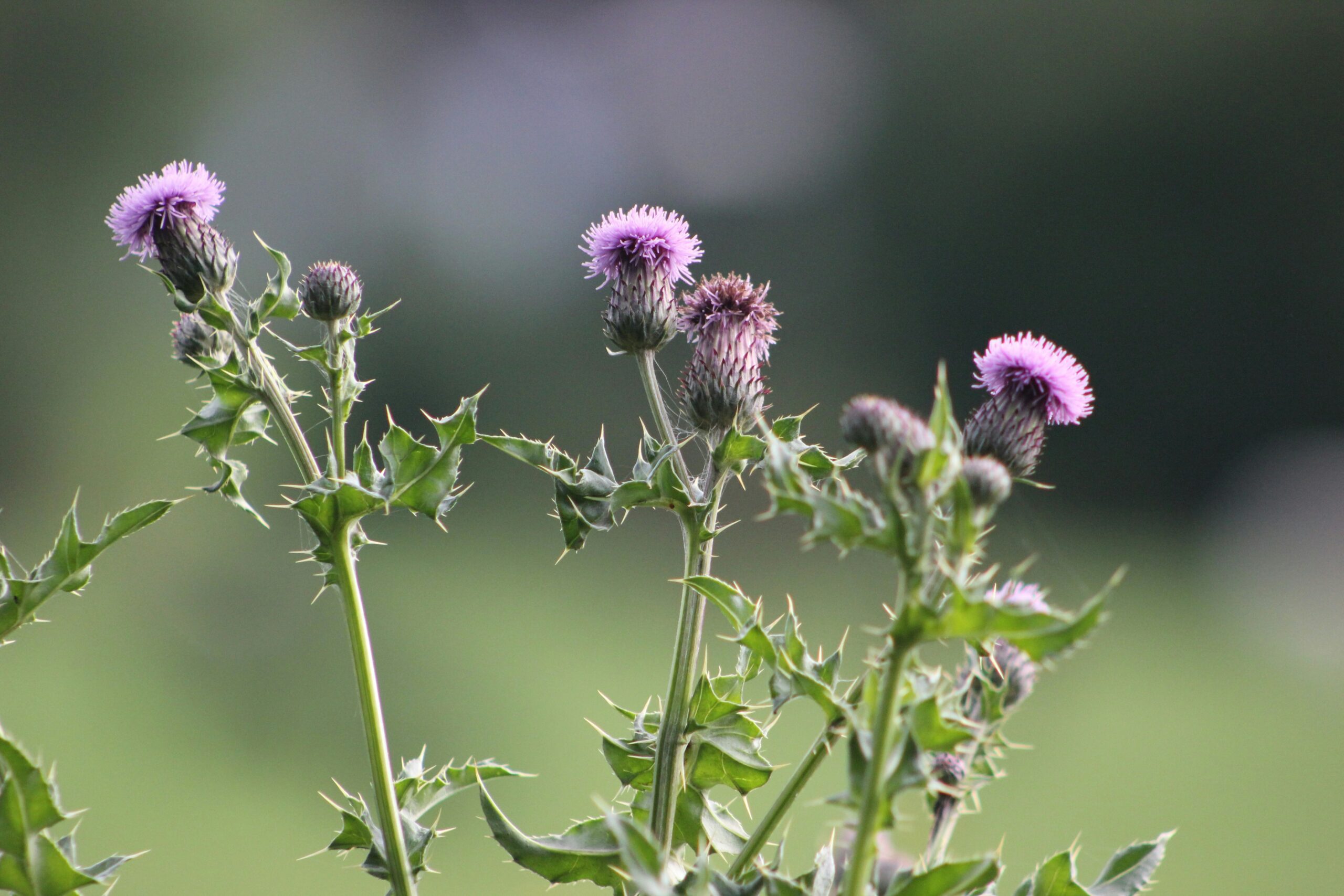
Thistle is a plant from the Asteraceae family![]() , but its health benefits have been known for centuries. Natural medicinal products are increasingly in demand in today's market. Milk thistle is one of the most often purchased herbal products in America.
, but its health benefits have been known for centuries. Natural medicinal products are increasingly in demand in today's market. Milk thistle is one of the most often purchased herbal products in America.
The mature seeds of the plant are mostly used for therapeutic purposes. Extracts, infusions, tablets, or capsules containing standardized thistle seed extract can be bought commercially. Molecular mechanisms are involved in the therapeutic and health-promoting effects of thistle seeds. Familiarize yourself with the incredible features of milk thistle and become more aware of the herb's healing properties.
Milk thistle is mostly used for various liver problems. It is used as a hepatoprotective for liver inflammation. In addition, the thistle is also used therapeutically for the treatment of jaundice, cirrhosis, or liver fibrosis. Moreover, when the liver has been damaged through alcohol abuse, the thistle exhibits some healing effects. This plant has several chemical compounds that are involved in protecting the liver.
The key component, which is the interferant of the hepaprotective function, is silymarin. The substance performs a discoprotective function by jamming poisons and increasing the cells' capacity to regenerate. This chemical compound is also effective for fungal poisons. Therefore, the thistle can protect the liver from various forms of stress, including drugs. In patients with acute viral hepatitis, thistle lessens the treatment period, and the levels of serum bilirubin and serum liver enzymes are greatly reduced.
Another effect of thistle seeds is their anti-inflammatory action, which their constituents can partially explain. The chemical agents present in the plant are therapeutically active in the case of developing arthritis, among other conditions. The active components block the process of inflammation and the formation of inflammatory mediators. Due to their anti-inflammatory effect, herbal remedies protect the bodies against different types of inflammation, which are among the prime causes of more hazardous conditions.
Another health effect that scientists have analyzed in milk thistle is immunomodulatory activity. The plant's immunoenhancing components may help in the case of autoimmune and infectious diseases. Thistle shows potentially beneficial activity in the case of autoimmune and immune-mediated liver disease due to the possibility of reducing oxidative immunotoxicity. It is known that it protects the body from external factors. Thus, improving the condition of the immune system is very efficient.
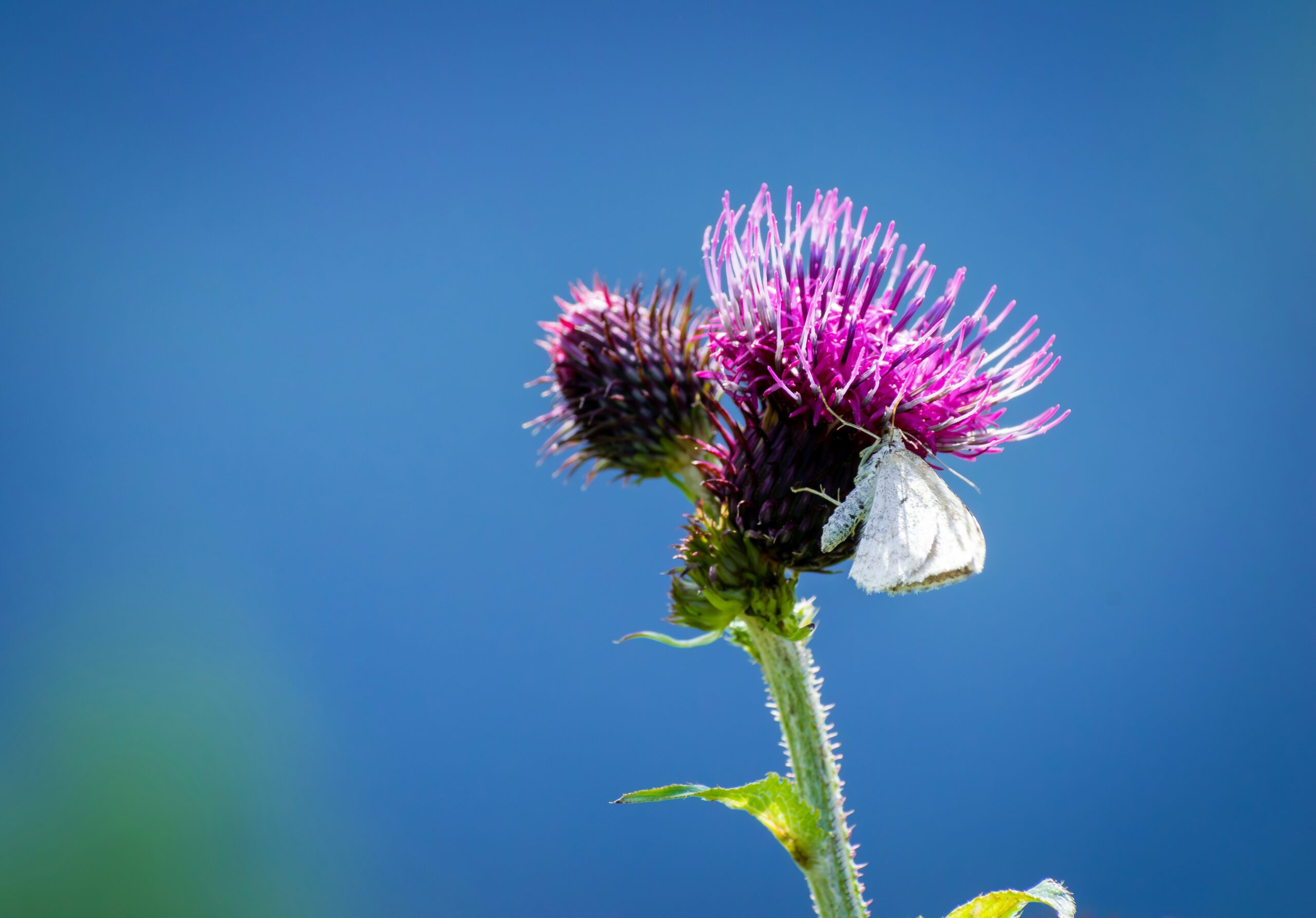
The thistle components may help patients with hyperlipidemia, as they have been found to lower total cholesterol. It should be noted, though, that the concentration of cholesterol and phospholipids was slightly reduced. The cause of the reduced concentration has been attributed to the reduction in cholesterol synthesis inside the liver. Thus, thistle may represent a novel agent in preventing and treating hypercholesterolemia and atherosclerosis. A disproportionately deficient hepatic lipid profile may also result from the long-term action of ethanol or liver toxins. Thus, the use of thistle may improve the state of the liver.
A natural compound, such as silymarin from thistle, inhibits inflammatory and cytotoxic processes that also is important in the pathogenesis of viral hepatitis. It is logical to assume that the chemical compound can potentially treat chronic hepatitis B. Moreover, other viruses can also be subject to the remedy's inhibiting activity in various cell lines. An additional beneficial effect of the plant is its anti-inflammatory and immunomodulating effect, which can benefit different types of viral infections.
Another advantage of thistle that should be mentioned is its protective action against cancer. It is a well-known fact that cancer is one of the most serious and complicated diseases, and it is very difficult to cure it. Thus, it can be useful to get additional protection from dangerous diseases. At the same time, thistle constituents can suppress tumor production and the growth of neoplasias resulting from the tumors.
In addition, studies identified the effect of milk thistle on prostate, breast, and cervical cancers. Furthermore, the plant possibly demonstrates a chemopreventive effect on squamous cell carcinoma of the tongue. It is important to mention that the prevention of immunosuppression and oxidative stress can be associated with thistle's anticancer impact.
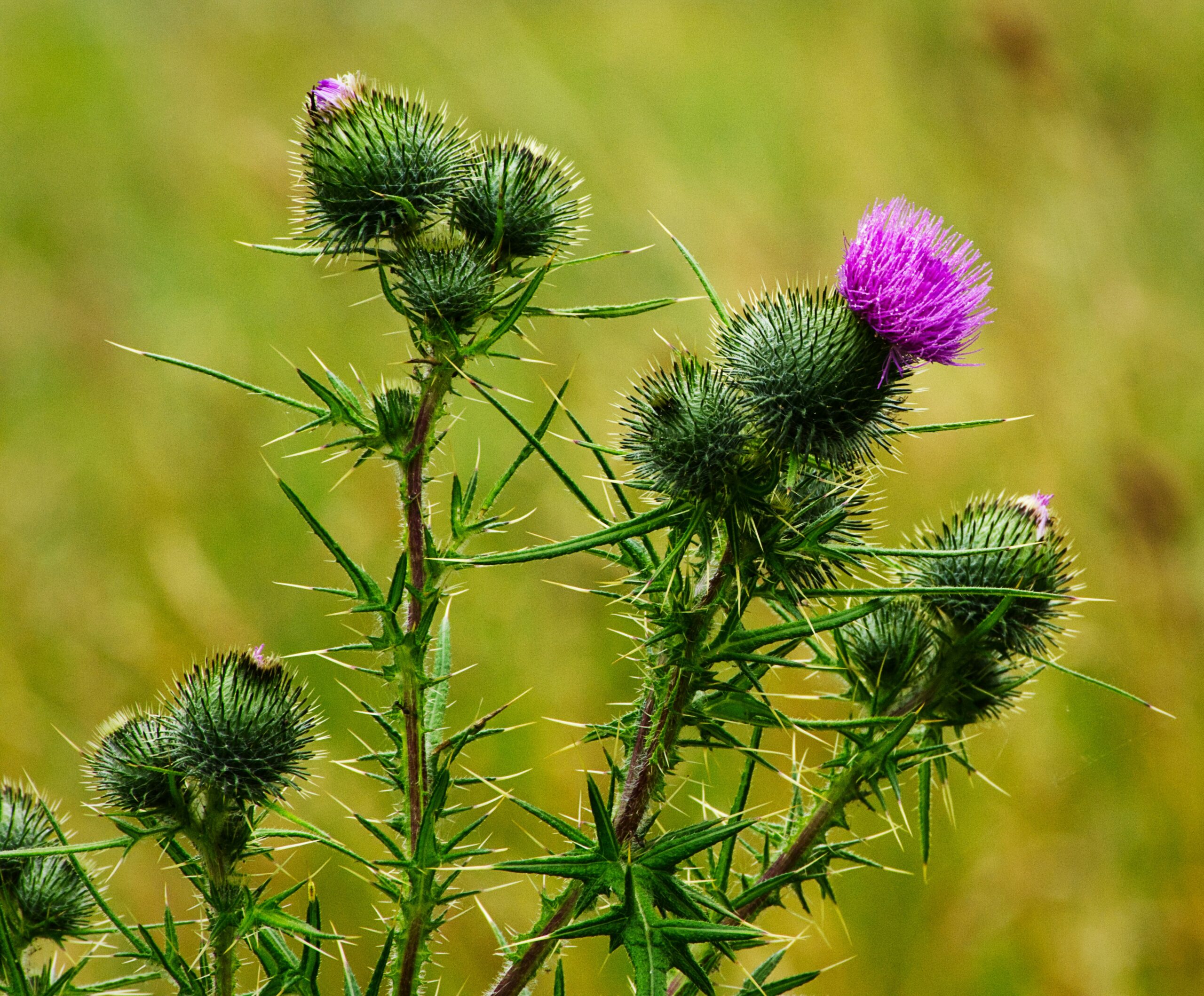
Silymarin neutralizes the impact of free radicals on cells—namely, those in our brains. Therefore, it also enhances a person's ability to concentrate and memorize information. In addition, the herb can be used to prevent and treat neurodegenerative and neurotoxic processes. The plant is characterized by strong antioxidant properties that may effectively protect neurons.
Consequently, neurotoxic disorders and some forms of neurodegeneration can be considerably reduced. Regarding the findings of the experiments involving milk thistle's impact on the human body, the plant can be extensively used to treat some neurological diseases, such as Alzheimer's and Parkinson's, categorized into the neurodegenerative branch.
Apart from this, thistle has a positive effect on the human cardiovascular system and heart. The vegetable source has a cardioprotective effect due to its antioxidant properties. If it is found that the uptake of a given medicine has a cardiotoxic effect, protecting the organ in question with thistle would represent a good preventive measure. Besides, it should be mentioned that the cream is thought to decrease the pace of dangerous cholesterol production in the liver, positively impacting the human cardiovascular system.
An organ that also benefits from thistle action is the kidneys. The plant's constituents help to maintain the normal function of the organ. The effect of thistle reduces oxidative damage to kidney cells. The use of herbal products prevents nephrotoxicity. The benefits of thistle on kidney and bladder performance and their toxin excretion are another option for those who have urinary problems.
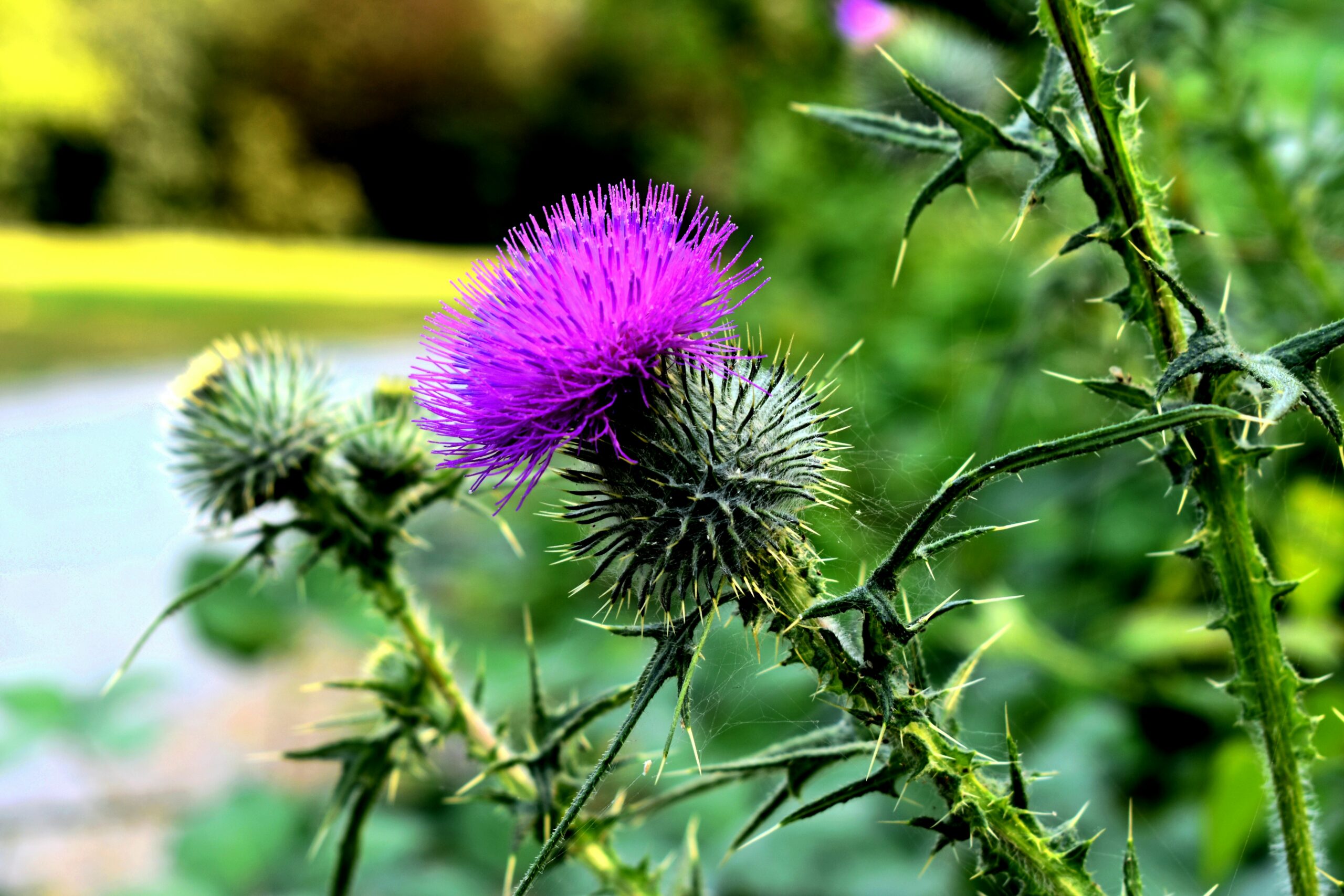
Milk thistle can be used as an alternative treatment for people with diabetes as well. According to the results of studies, people treated with this herb experienced decreased blood glucose levels and insulin requirements. Since people with diabetes are the most vulnerable to various complications of the disease, they have to take special care of their health. Herbal products help them do this, and milk thistle may add support for controlling blood sugar in people receiving standard therapy.
Milk thistle consists of particles that tone up blood vessels. Aqueous extracts of the plant are commonly used for internal bleeding, nose, and colon bleeding. Milk thistle is beneficial for female diseases. It can reduce the abundance of bleeding and consequently alleviate endometriosis and menstruation. Milk thistle's healing properties help unusual menstruation return to normal and reduce menstrual bleeding.
It should also be noted that milk thistle can be useful for the skin. Its use is very diverse. About beauty treatments, spotted thistles essentially protect skin cells and stimulate detoxification. The thistle oil has a regenerating action, decreases skin redness, makes the skin lighter, enhances wound healing, and combats skin eczema and excessive keratosis of the skin.
It has been proven that various ingredients contained in spotted thistles decrease the hazardous effects of UV radiation, which include oxidative stress, inflammation, swelling, and DNA damage. The thistle is widely used in many skincare and body or hair beauty products. In addition, thistle can curatively affect people who have psoriasis, alleviating their symptoms.
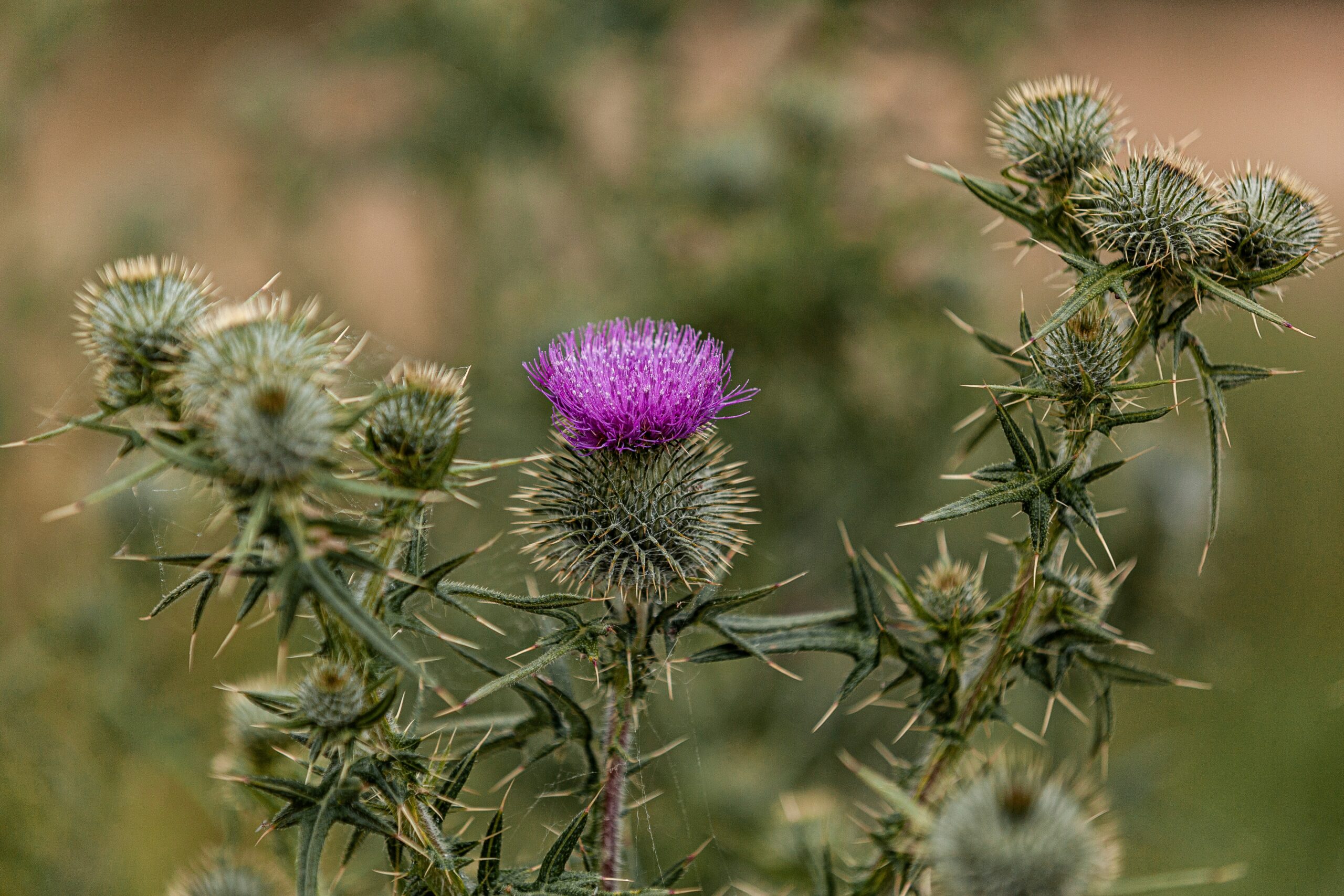
Among the active ingredients of thistle fruit, the herb's most potent component is silymarin. Thus, the latter is, in fact, a group of various compounds and elements. The silymarin, extracted from milk thistle, is not soluble in water, which decreases its bioavailability. It is absorbed in the intestine and excreted predominantly with bile and, to a small extent, with kidneys. It is important to note that the main indication of silymarin is liver protection.
Other biologically active substances in thistle fruit are different antioxidants, including quercetin, which is primarily used to improve health. Of course, vitamin C is always present in herbal products.
The dosage may depend on the administration method and the product type. There are quite a few thistle-based products. Some are oral supplements and are made of powder seeds. Others refer to infusions or have a form of a cosmetic procedure, such as cream or oil. We will consider an oral herbal supplement as a capsule tablet or a liquid extract. It is up to you which form of product to choose. You should first consult with a person who holds a medical degree.
Adults should take thistle supplements at 200 to 900 mg doses. The daily dose is different, but the typical dosing frequency is a maximum of three times a day. Experts also believe that taking thistle supplements for long periods is safe. However, caution should be taken as everybody may have different needs and show different reactions. Additionally, different doses may be consumed because of different problems and illnesses. Lastly, no studies have been done on the safety of thistle in children.
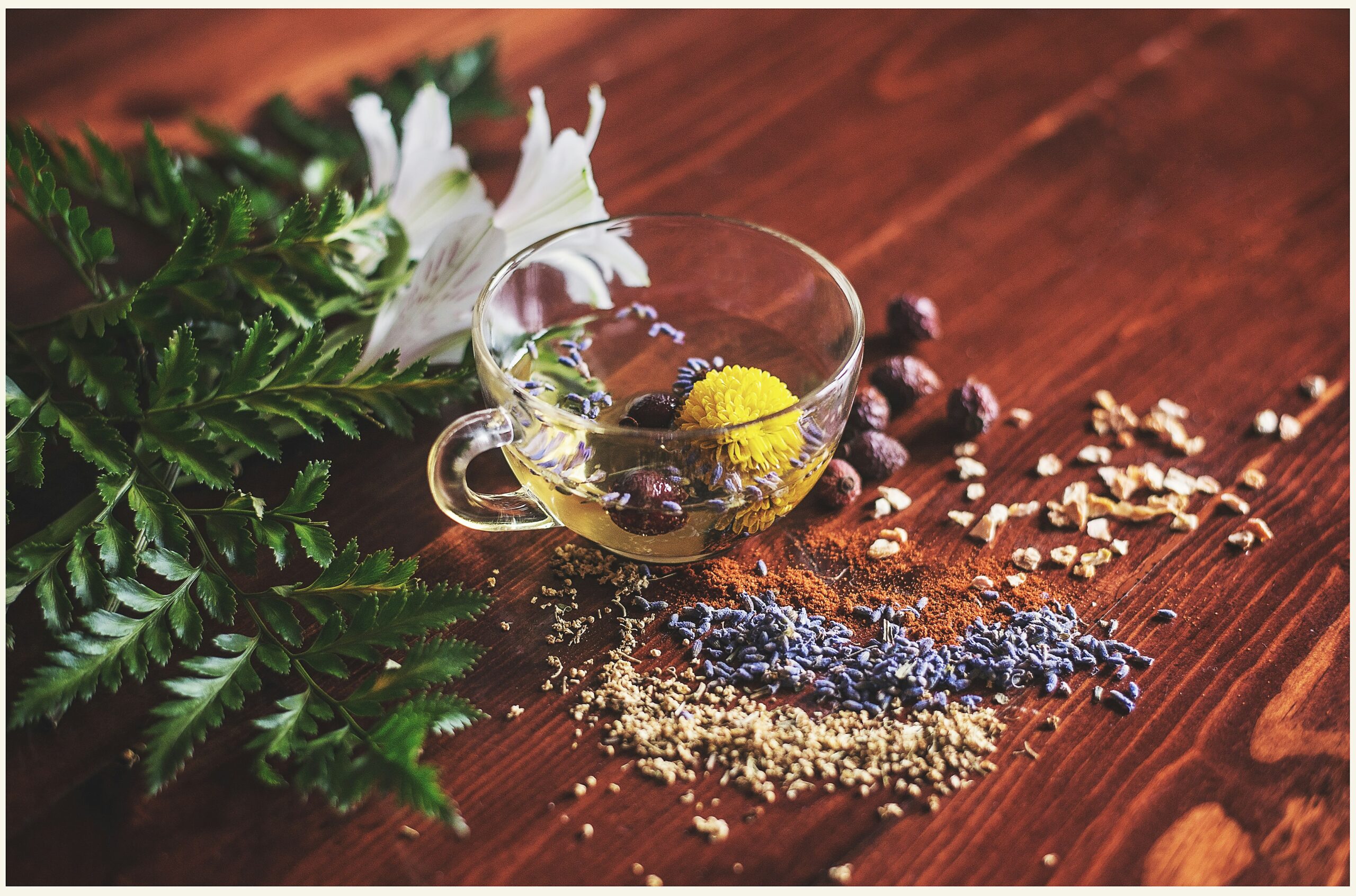
Milk thistle is generally a safe plant with no toxicity. Human studies have shown that thistle seed extract is well tolerated. The plant is not associated with side effects when taken in the appropriate dose range. However, while rare, some side effects of milk thistle occur.
Most of these side effects were gastrointestinal, including diarrhea, flatulence, and abdominal pain. The laxative effect may be due to increased secretion and flow of bile. Headaches and dermatological side effects include an itchy rash. Side effects are rare, but one should avoid misusing thistle products. Besides, the plant has many beneficial properties, but not everyone should take it because of contraindications. Therefore, it should be taken cautiously, and a doctor should be consulted in case of doubt.
Experts recommend not taking supplements while pregnant. This also holds for milk thistle since more research is needed to investigate the herb's effects on pregnancy. Although no incidences of pre- or postnatal toxicity have been observed in animals, such studies on humans appear to be absent. In contrast, some data suggest that the milk thistle herb's components are not secreted appreciably into breast milk.
Herbal products are contraindicated in cases of allergy to their parts. Allergic reactions to milk thistle are possible. People allergic to plants from the Asteraceae family are more prone to allergic reactions after drug administration. Usually, these reactions manifest as mild allergic reactions, including itchy skin, eczema, and arthralgia. If a person taking the drug has these symptoms, the drug must be discontinued.
Some herbal preparations cannot be used while treating with various preparations. Milk thistle cannot be paired since there is no significant documented drug interaction—however, some drugs are affected to some extent. Researchers found a relationship between milk thistle and patients treated with blood thinner bleeding. A drug used for diabetes that lowers blood sugar levels could interact with milk thistle, affecting the effect. There is no data regarding the effect of milk thistle with anticancer drugs, radiotherapy, and various drugs.